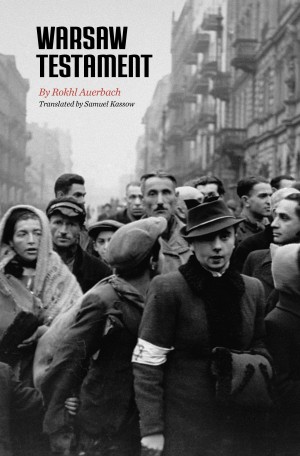This is a memoir of an 18 year old Austrian Jew who escaped to Shanghai, China by himself in 1938. Upon arriving in China, not only does Paul support himself, but also helps his parents, sister, aunt and uncle leave Europe and survive World War II in Shanghai. Paul relates how the Sephardic Jewish community came to the aid of the Jews fleeing Central Europe. He provides a detailed description of the two years that the family was confined to the Hongkew Ghetto. While many in the Jewish community elected to leave China as soon as possible after WWII, Paul and his young wife, Shirley, elected to stay on after the Communist takeover. This decision led to a sequence of events that rivaled the perils of the war years.

Witness to History-From Vienna to Shanghai: A Memoir of Escape, Survival and Resilience
September 1, 2021
Discussion Questions
Courtesy of Jean Hoffman Lewanda
- From the title, what were your expectations when reading this book? What time frame were you envisioning? What role in history did you expect from the author?
- How is discussing/critiquing a memoir different from a fictionalized account? What makes a memoir a “good read”? Does this memoir meet your criteria?
- The author recounts a tale of near misses. How does his experience differ from others who survived the Holocaust?
- What factors enabled the Hoffmann family to escape when so many could not?
- What were the themes of this memoir? What message(s) did Paul want to impart to future generations?
- What were your feelings about life in Shanghai for the refugees and Shanghailanders (Non-Chinese living in Shanghai)? Were there inequities? Why do you think the International Settlement operated as well as it did? What impact did the foreigners have on the Chinese population?
- United States Lines was dependent on Paul to extricate their business from Shanghai, but would not hire him when he came to the States because he was Jewish. This did not appear to surprise Paul. What does this say about antisemitism and the day to day Jewish experience throughout time all around the world?
- After World War II, immigration quotas were based on the 1924 Justin-Reed Act that allowed entry to the US of up to 2% of the nationalities of the existing population based on the 1890 census. What does this say historically about American attitudes toward immigration? Have these attitudes changed today?
- When Paul concluded his memoir in 1998, he said he thought the world was a better place? What do you think would be his reaction to events in America today? Around the world?
- “Storytelling is fundamental to resilience;” (From I Want You to Know We’re Still Here by Esther Safran Foer). How does this quote resonate with this memoir?

Jewish literature inspires, enriches, and educates the community.
Help support the Jewish Book Council.



